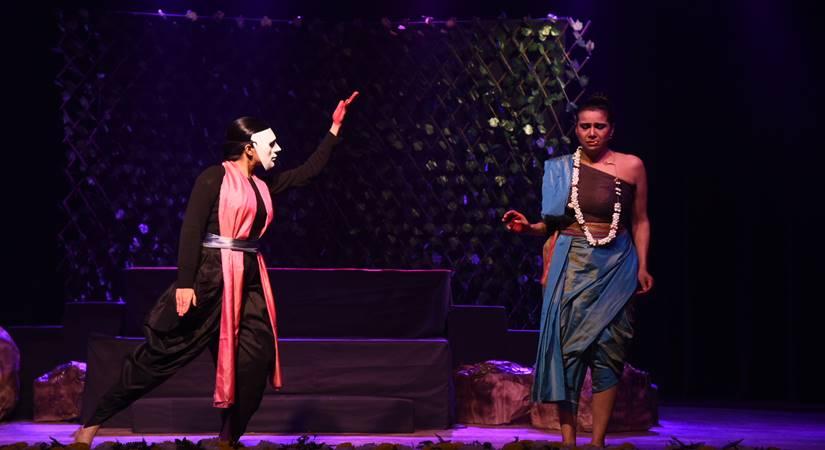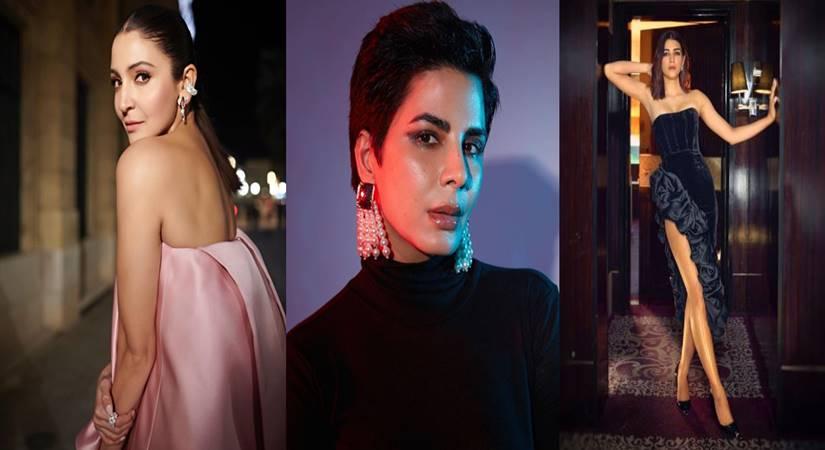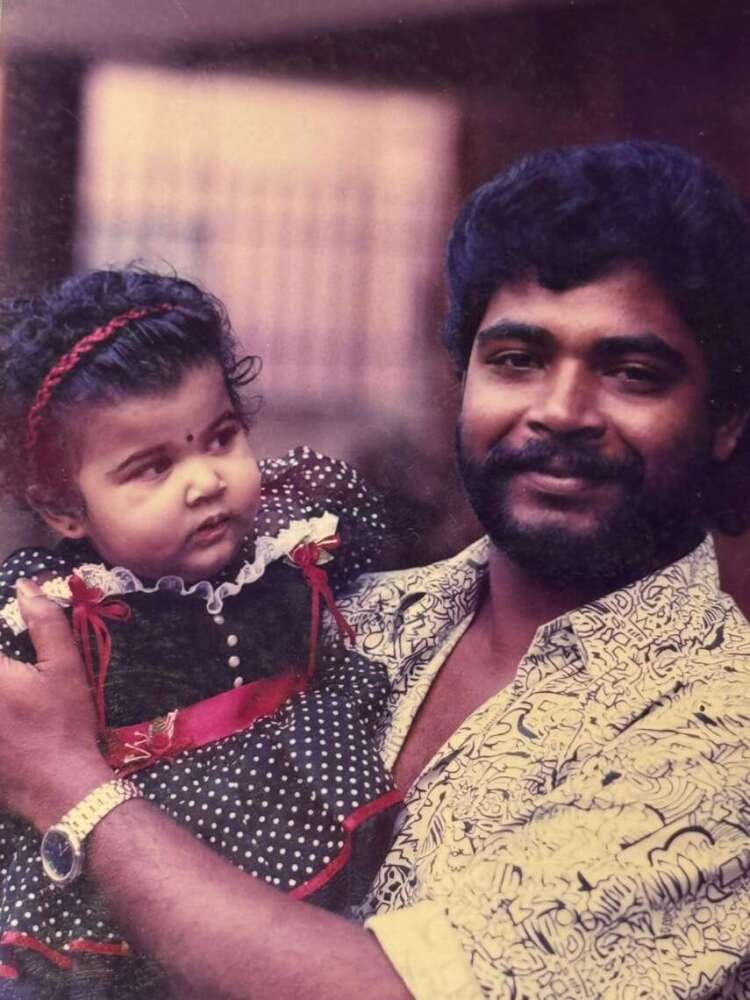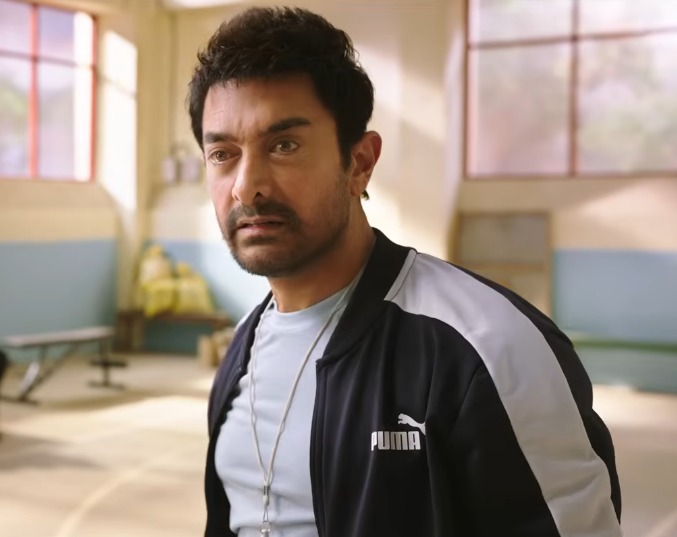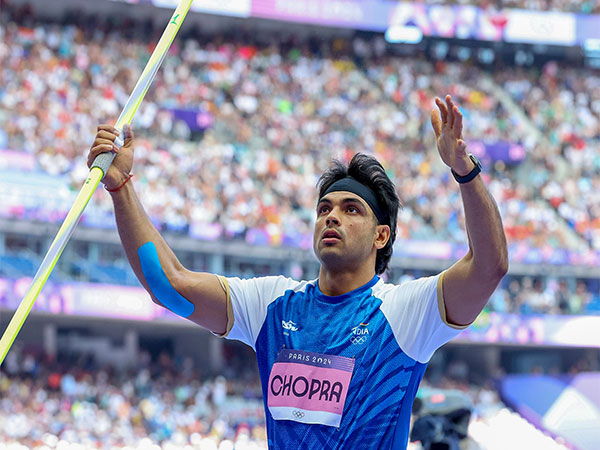On the third day, ‘Ek Cup Chai,’ a riveting one-woman play by Rajesh Tiwari, delved into the intricate struggles of women. Adapted from Dr. Kiran Singh’s story, it promised a thought-provoking experience…reports Asian Lite News
Sahitya Kala Parishad, Delhi Government’s Art and Cultural Wing, delighted theatre enthusiasts with the Bharatmuni Rang Utsav, a four-day extravaganza showcasing diverse solo and duet acts.
Opening night featured Tapobrati Das Samaddar’s ‘Mrija,’ a 3067 BCE drama. ‘Udyog Parva’ delves into King Yayati’s daughter’s relationships, challenging customs from 5,000 years ago, echoing modern women’s struggles. Following this was ‘Pyaaz Ke Phool,’ a compelling love triangle by Priyam Jani, directed by Sakshi Sunil Chauhan. The tale delves into the complexities of love as two women vie for Govind’s affections, revealing conflicted hearts and a cherished onion flower. The evening closed with ‘Uske Sath’ (A Truth of a Girl), a powerful play by Alok Shukla delving into a true 1997 Mumbai incident of a girl’s journey from an orphanage to giving birth.
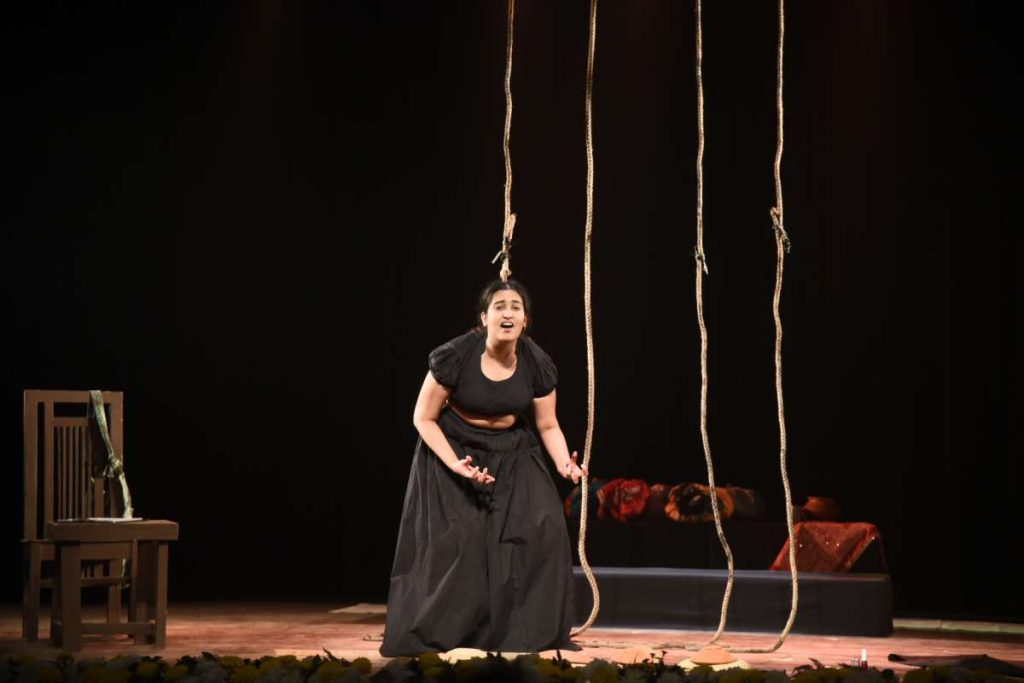
On Day Two, ‘Espresso’ by Somyabrat Bhattacharya, directed by Shilpi Marwaha, unveiled societal disparities in a poignant coffee-scented encounter. This was followed by ‘Bebaak Manto,’ directed by Anil Sharma, delved into Sugandhi’s tumultuous journey as a compassionate yet exploited prostitute. Evening continued with ‘Bijuka,’ a creation by Satyajit Ray and directed by Rajesh Bali, intricately weaved an emotionally charged narrative around Mriganko Babu and his mistreated servant, Abhiram. The night concluded with ‘Bimb,’ creatively adapting Vijaydaan Detha’s ‘Raazinama,’ exploring a village boy’s pursuit of education and unraveling societal complexities.
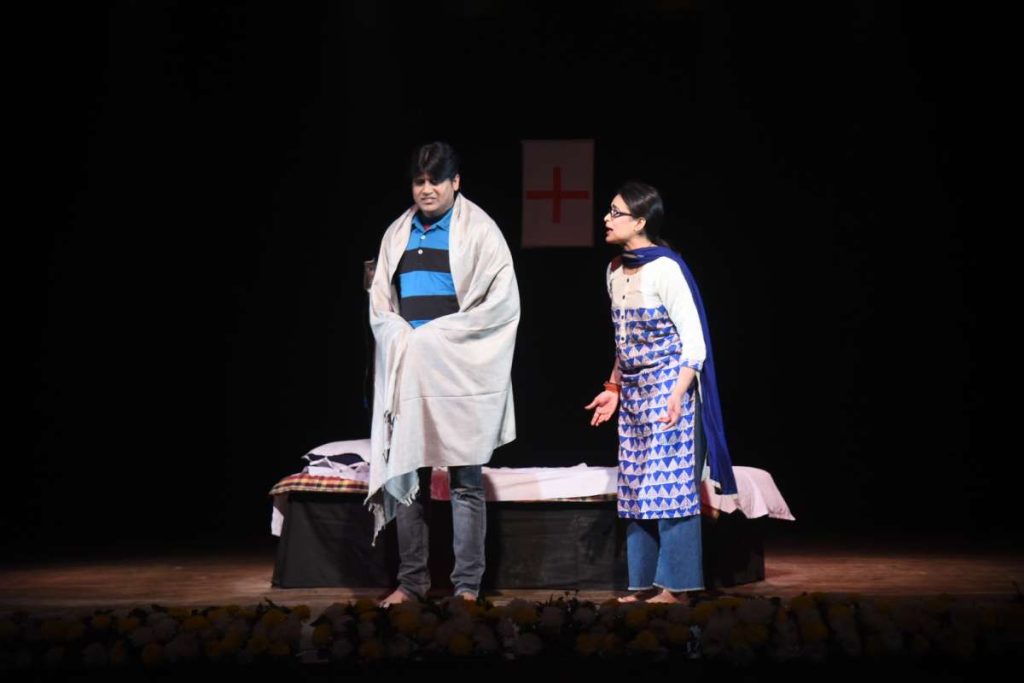
On the third day, ‘Ek Cup Chai,’ a riveting one-woman play by Rajesh Tiwari, delved into the intricate struggles of women. Adapted from Dr. Kiran Singh’s story, it promised a thought-provoking experience. Following was ‘Dhoop Ka Ek Tukda,’ directed by Pooja Dhiyani, weaving an intriguing tale of self-discovery and relationships. The play, narrated by a cheerful woman to an old man, explores life’s highs and lows, offering a unique perspective. Evening continued with ‘Baarish’ by Vijay Shrivastava encapsulates 1950s India, exploring Tanveer’s love at first sight with Parveen. The narrative addresses societal constraints like background, caste, age, and status in a 30s glimpse. The night ended with ‘Jebkatra,’ directed by Javed Sameer, portraying Kashi’s transformative journey. After stealing Bimla’s bag, Kashi sacrifices fingers for goodness, exploring redemption and personal transformation.
The grand finale commenced with ‘Dil Ki Duniya’ by Padmashri Ismat Chughtai. Portraying pre-independence female tales, it criticizes the 1930s constraints on women’s empowerment, shedding light on child marriage’s impact and emphasizing the urgent need for education. Aryashree Arya, a seasoned Delhi-based theatre practitioner, adds depth to the performance. Following was ‘Last Performance,’ an Anton Chekhov creation directed by Avinash Tiwari.

Unveiling Svietlovidov’s tragic life, it portrays themes of despair and failure. A swan song, symbolizing a final performance or gesture before death or retirement, the play navigates serious themes. Avinash Tiwari, a highly versatile Delhi-born actor, adds depth with his impressive theatre talent. The evening culminates with ‘Bojh,’ written by Pawan Jha and directed by Shiva Kunder. Delving into societal traditions causing mental frustration, the play explores unexpected events in an elite young man’s life, critiquing issues like mismatched marriages and child marriage, portraying the consequences of excessive frustration.
ALSO READ-Fashion Liberation


